Adnan Khashoggi: the 'whoremonger' whose arms deals funded a playboy life of decadence and 'pleasure wives'
Despite a fortune amassed through involvement in the some of the biggest arms deals of the 20th Century, Adnan Khashoggi died peacefully at the age of nearly 82
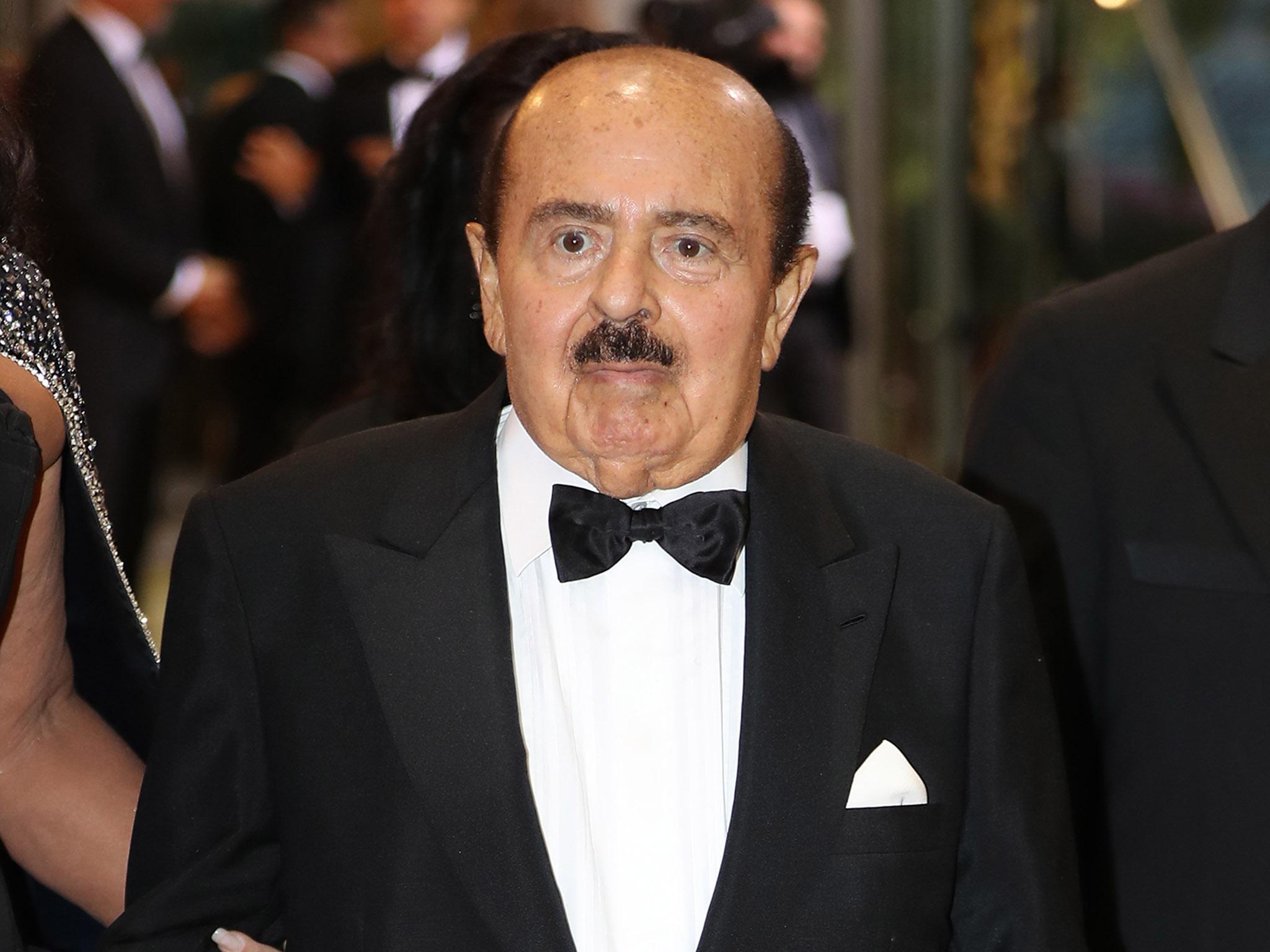
Your support helps us to tell the story
From reproductive rights to climate change to Big Tech, The Independent is on the ground when the story is developing. Whether it's investigating the financials of Elon Musk's pro-Trump PAC or producing our latest documentary, 'The A Word', which shines a light on the American women fighting for reproductive rights, we know how important it is to parse out the facts from the messaging.
At such a critical moment in US history, we need reporters on the ground. Your donation allows us to keep sending journalists to speak to both sides of the story.
The Independent is trusted by Americans across the entire political spectrum. And unlike many other quality news outlets, we choose not to lock Americans out of our reporting and analysis with paywalls. We believe quality journalism should be available to everyone, paid for by those who can afford it.
Your support makes all the difference.It was the end that the most extravagantly wealthy arms dealer of the modern era would have wished for.
Adnan Khashoggi died peacefully, surrounded by his loving family, just days short of his 82nd birthday.
His family spoke of him being able to live out his final days “with the same elegance and dignity that characterised his remarkable life”. It hailed him as a “pioneer who achieved global recognition through his extraordinary business achievements and renowned generosity.”
Because this was no time to go into the details of those “extraordinary business achievements” or to list the weapons sales that helped fund the “elegance and dignity” in which the arms dealer lived out his life.
Instead, the family declared, “Our father understood the art of bringing people together better than anyone.”
How crass it would be to mention that the weapons he helped sell perfected the art of blowing people apart.
And Adnan Khashoggi helped sell enough of these weapons to become one of the world’s wealthiest men: a fortune once estimated at £2.4 billion, friendships with Saudi and Hollywood royalties, homes all over the world, a superyacht later sold to Donald Trump, a personal bodyguard nicknamed Mr Kill.
He started young, helped by the contacts that come from having a father who was the court doctor to King Ibn Saud of Saudi Arabia.
Aged 21, about a year after enrolling at Chico State College, California, he earned a commission of $150,000 dollars for assisting in a deal to sell $3 million of trucks to Egypt.
He never returned to finish his college degree.
Instead, as the Saudi royal family began to plough its oil wealth into weaponry in the 1960s and 1970s, Khashoggi became the perfect “Mr Fixit”, linking his old friends in Saudi Arabia with his new friends, the American and British arms manufacturers.
One Lockheed Martin director described him as a one-man marketing department. Others whose deals he helped facilitate included the British firms Marconi and Westland Helicopters.
As his reputation spread, Khashoggi’s commission rates increased to as much as 15 per cent, on deals worth hundreds of millions of dollars.
And as his fortune grew and grew, the settings in which Khashoggi fixed the deals became ever more congenial.
“He went through yachts the way you or I go through cars,” said his biographer Ronald Kessler.
By 1980, he could afford Nabila, named after his daughter, 281ft (86.6 metres) long, the largest private yacht in the world at the time, on which it is said Khashoggi “lavished money with utter abandon”: sundeck with bullet-proof glass, solid gold sink in the master suite.
They didn’t just use any old onyx in the bathrooms of the chamois leather-lined cabins. It was hand carved onyx, sculpted by “the finest craftsman from the hills of Italy,” as described by the next owner, Donald Trump, who in 1987 bought her for nearly $30m.
Never one to miss an opportunity to flaunt his wealth, Khashoggi let his yacht be used for the 1983 Bond film Never Say Never Again. It appeared as the floating HQ of international supervillain, SPECTRE agent Maximillian Largo.
That, of course, was fiction.
The reality, though, was almost as exotic.
“His whole modus operandi was to influence clients with his opulent lifestyle,” the biographer Mr Kessler told New York magazine in 1988.
And Khashoggi did not confine his attempts at influence to just businessmen. At one point, it is said, he simultaneously entertained five heads of state including three kings on board his yacht.
His ability to charm was legendary. Khashoggi became friends with Richard Nixon in the 1960s, helping fund both his US Presidential election campaigns, at one point reportedly presenting Tricky Dicky’s daughter with a $60,000 dollar bracelet.
It has been alleged that one of his first weapons deals was providing weapons to David Stirling, founder of the SAS, for a covert operation in Yemen in 1963.
Forty years later, in March 2003, the New Yorker claimed that Khashoggi had met with Richard Perle, the chairman of the US Defence Policy Board shortly before the invasion of Iraq. Like many of the fine details of Khashoggi’s encounters with the powerful, however, exactly what may have passed between the two men remains unclear.
On board the yacht Nabila, visitors included at least one US ambassador. But the most frequent guests were as New York magazine put it, “Arab princes, Third World officials, and shadowy European and American businessmen.
“Ensconced in its suites, they used the 150 telephones and the satellite communication system to arrange arms sales and commodities trades.”
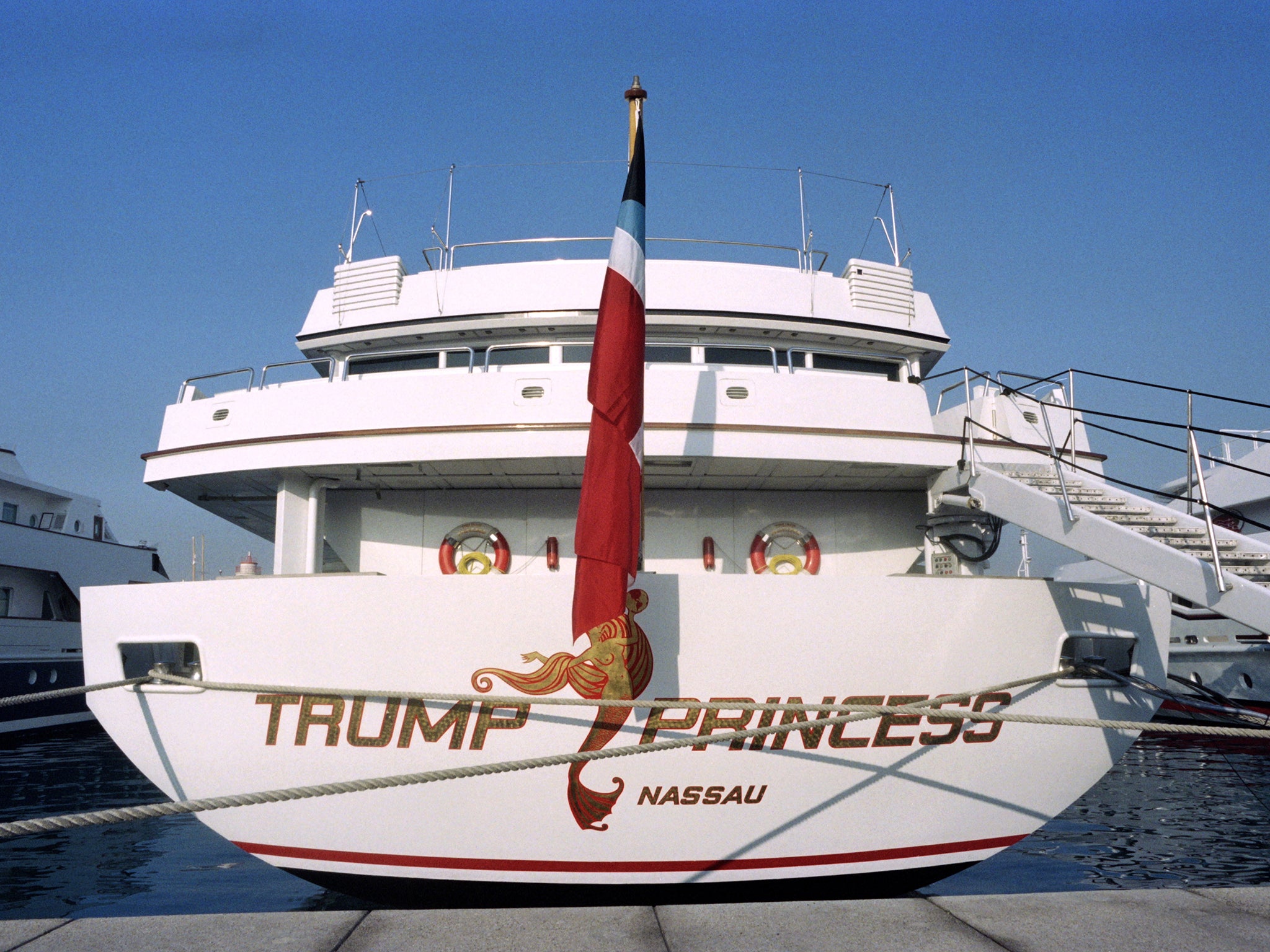
On occasion Khashoggi would go from cabin to cabin, keeping as many as 16 different deals going at the same time.
And whatever was needed to smooth the deal, the client would get.
“He would give them anything they wanted: girls, food, cash,” said Mr Kessler. “He had quite a variety of occasions on the boat. Some were very formal, some were orgies”.
One of the “girls” used in this way, Pamella Bordes, later spoke of being “part of an enormous group … used as sexual bait.”
In 1989 Vanity Fair magazine bluntly described Khashoggi as “one of the greatest whoremongers in the world.” Very few of his business associates ever complained.
And when the time came to sign the contract, the yacht could slip into international waters, where sovereign restrictions on their business deals did not apply.
At least some of Khashoggi’s commissions, meanwhile, are alleged to have been directed towards front companies in Switzerland and Liechtenstein.
Despite such discretion, his name had a habit of appearing in connection with some of the world’s most controversial arms deals.

In the Iran-Contra scandal of the 1980s, Khashoggi was named as one of the key middlemen between Oliver North in the White House and Iran.
As such, he was claimed to have been caught up in the Reagan administration’s secret plot to secure the release of hostages by selling arms to Iran, with the money paid to the US being diverted to right-wing Contra rebels in Nicaragua whose alleged human rights abuses included rape and torture.
Also in the 1980s it seems Khashoggi was, at least initially, on the side of France in the battle with Margaret Thatcher’s Britain to secure the massive, ironically named al-Yamamah (meaning ‘Dove’) arms deal with Saudi Arabia.
In 1994 there were allegations that Britain got the multi-billion deal thanks to bribes to members of the Saudi government and royal family.
At the same time, Khashoggi claimed that the success of his rival Wafic Said in securing the deal for Britain had been aided by the involvement of Mark Thatcher, the former Prime Minister’s son.
The Sunday Times quoted Khashoggi as saying: “Wafic was using Mark's intelligence. His value to Wafic was his name.”
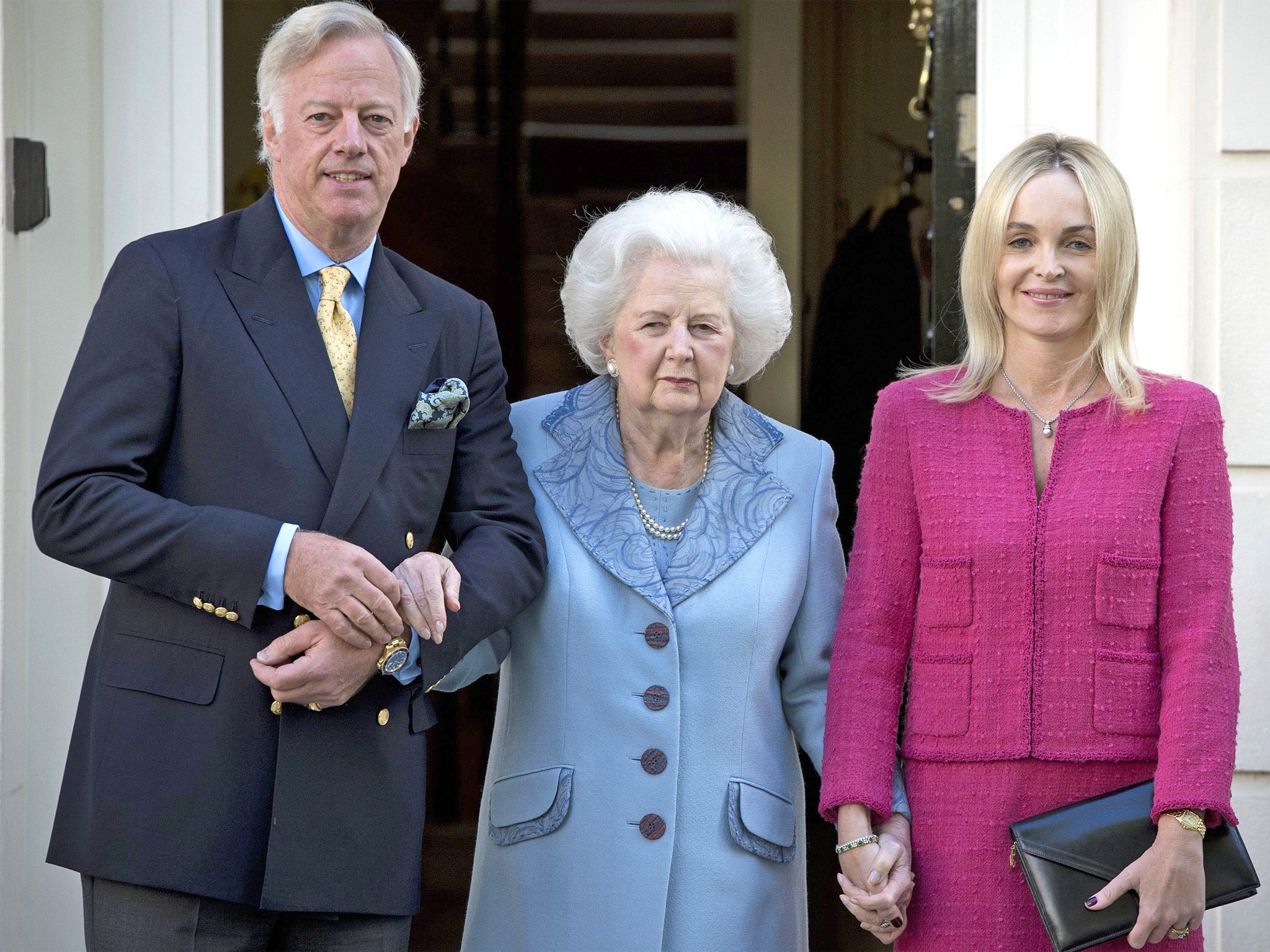
Where the truth lies, though, remains uncertain. Mark Thatcher has always strenuously denied making money from the deal signed by his mother in 1985.
In 2006 a Serious Fraud Office inquiry into alleged bribes to Saudis was dropped, with the Blair government saying it was not in the national interest, and BAE Systems raising fears it was about to lose out on the third phase of the al-Yamamah deal.
As for Khashoggi, he was never convicted of any crime, in any of his dealings – although he had a few anxious moments.
In 1989, while in Switzerland, he was arrested at the Schweizerhof, Bern’s most luxurious hotel.
Khashoggi was wanted by the US government in connection with allegations that he had conspired with Ferdinand Marcos, former dictator of the Philippines, and his shoe-loving wife Imelda, to hide wealth that the couple had stolen from their country.
His three months awaiting extradition in a Swiss jail on charges of racketeering, conspiracy, obstruction of justice and mail fraud were not, however, overly arduous.
It was reported that someone ensured the arms dealer had gourmet food from the Schweizerhof brought to his cell.
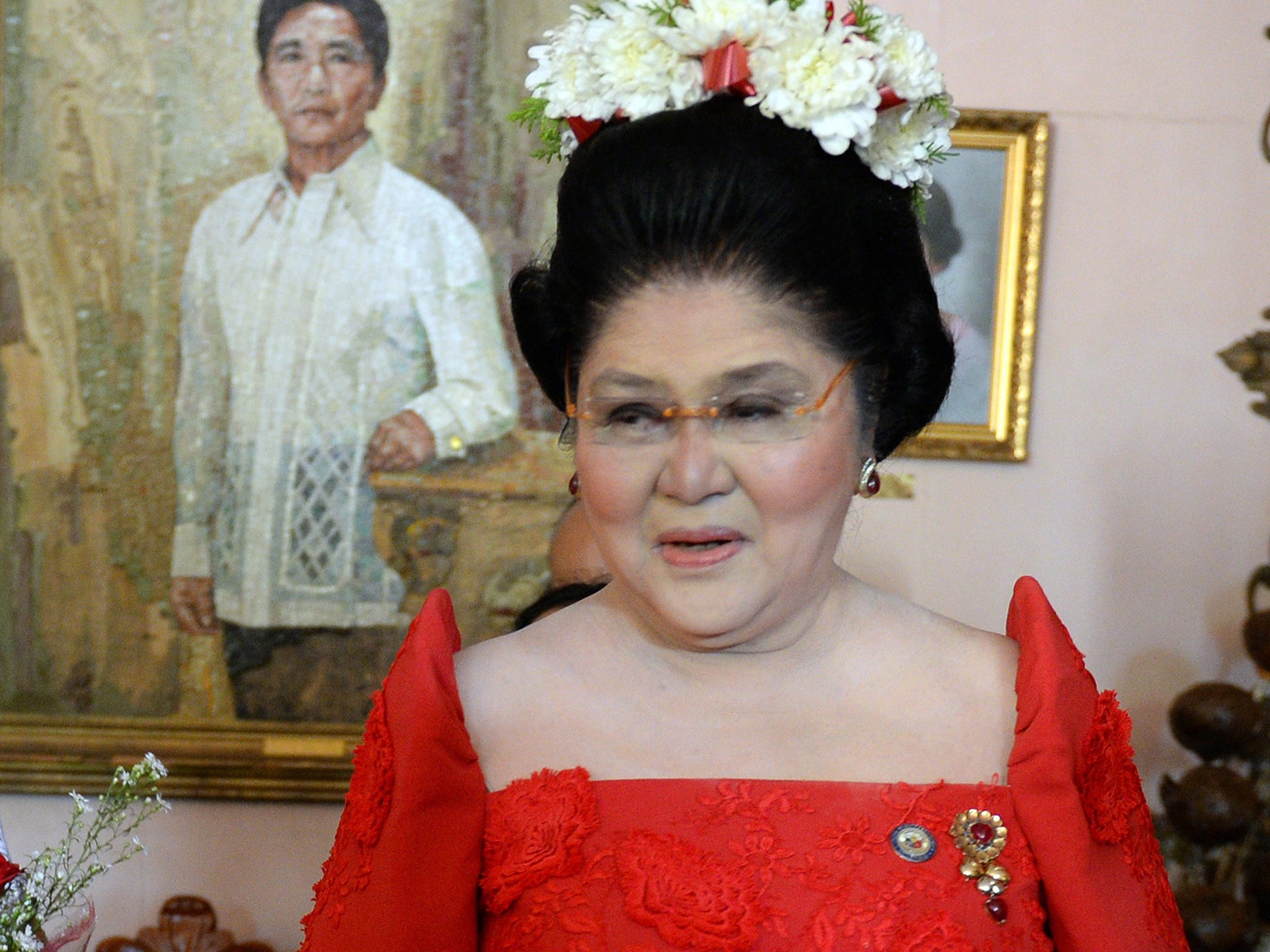
Even better, when Khashoggi got to America, the authorities dropped all but the less serious charges of obstruction of justice and mail fraud. And then in 1990 a federal jury in Manhattan cleared both him and the by-now-widowed Imelda.
Towards the end, looking back on his life, Khashoggi had insisted: “What did I do wrong? Nothing. I behaved unethically, for ethical reasons.”
Perhaps this is what his family meant when in their statement they praised “his over-riding loyalty to his country, the Kingdom of Saudi Arabia. His work always furthered the interests of his country.”
Khashoggi himself chose to characterise his work to at least one bemused interviewer as “marketing”.
If it was marketing, it was the kind of marketing that was conducted in palaces, luxury properties and a superyacht that never went anywhere the zones of war and ‘collateral damage’ that were the ultimate destination for some of the weapons being sold.
And it was the kind of marketing that brought with it enough money to ensure that for Khashoggi “there were no laws, no skies, no limits” - to quote his friend Prince Alfonso Hohenlohe-Langenburg of Spain.
Thus Khashoggi ensured that on his yacht, the owner’s suite – separate from his wife’s accommodation – had not just a 10ft-wide bed, but a secret passageway.
It allowed for discreet exits to be made by the women he called his “pleasure wives”. One woman, brought into the orbit of the 5ft 4in, 14-stone billionaire as a naïve young model in the 1980s, described falling in love with him, becoming a member of his ‘harem’.
“I want you to be one of my pleasure wives,” he told her. “By Saudi Arabian law, I'm allowed to have 11 pleasure wives and three legal wives.”
The legal wives began in 1961 with Sandra Daly, 20 yrs old at the time, double his height, who grew up on a Leicester council estate and who met him while visiting Paris with her mother.
After they divorced in 1974, Mrs Khashoggi, now converted to Islam and renamed Soraya, eventually received a divorce settlement of $875 million, which at the time was the largest ever.
His second wife, an Italian named Laura Biancolini, whom he married in 1980, was only 17 when she met him. In 1991, he also wed Iranian-born Shahpari Azam Zanganeh, although this marriage was later dissolved.
Romantically, Khashoggi did not always have everything his own way.
In 1999 it was revealed that he was not the biological father of Soraya’s daughter Petrina. The real father was Jonathan Aitken, ex-Conservative minister for Defence Procurement, at the time awaiting court proceedings that would lead to him being jailed for perjury.
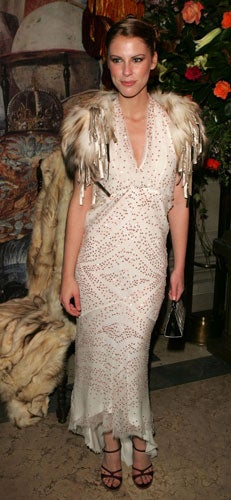
It also has to be said that in business as well as pleasure, not everything worked out as Khashoggi planned.
By the mid-Eighties, he had homes in London, Paris, Cannes, Monte Carlo; a 10,000-acre ranch in Kenya; a sprawling two-floor Manhattan residence created by buying 16 separate apartments and knocking them all together.
He owned a stable of Arabian horses, 100 limousines, three private jets, and could call upon the services of a South Korean bodyguard trained in martial arts and rejoicing in the nickname Mr Kill.
It was said Khashoggi spent $250,000 a day to keep himself in the luxury to which he had become accustomed.
To celebrate his 50th birthday, in July 1985, he treated 400 guests to a five-day extravaganza at his 5,000-acre seaside estate in Marbella, Spain. Khashoggi’s brother reportedly gave him a lion cub. Shirley Bassey sang ‘Happy Birthday’, and he danced with the Hollywood star Brooke Shields.
A fleet of refrigerator trucks were brought in just to cool the champagne.
The birthday cake, was said to have been a “work of art”, topped by a 3ft long sugar recreation of the coronation crown of Louis XIV, the French ‘Sun King’.
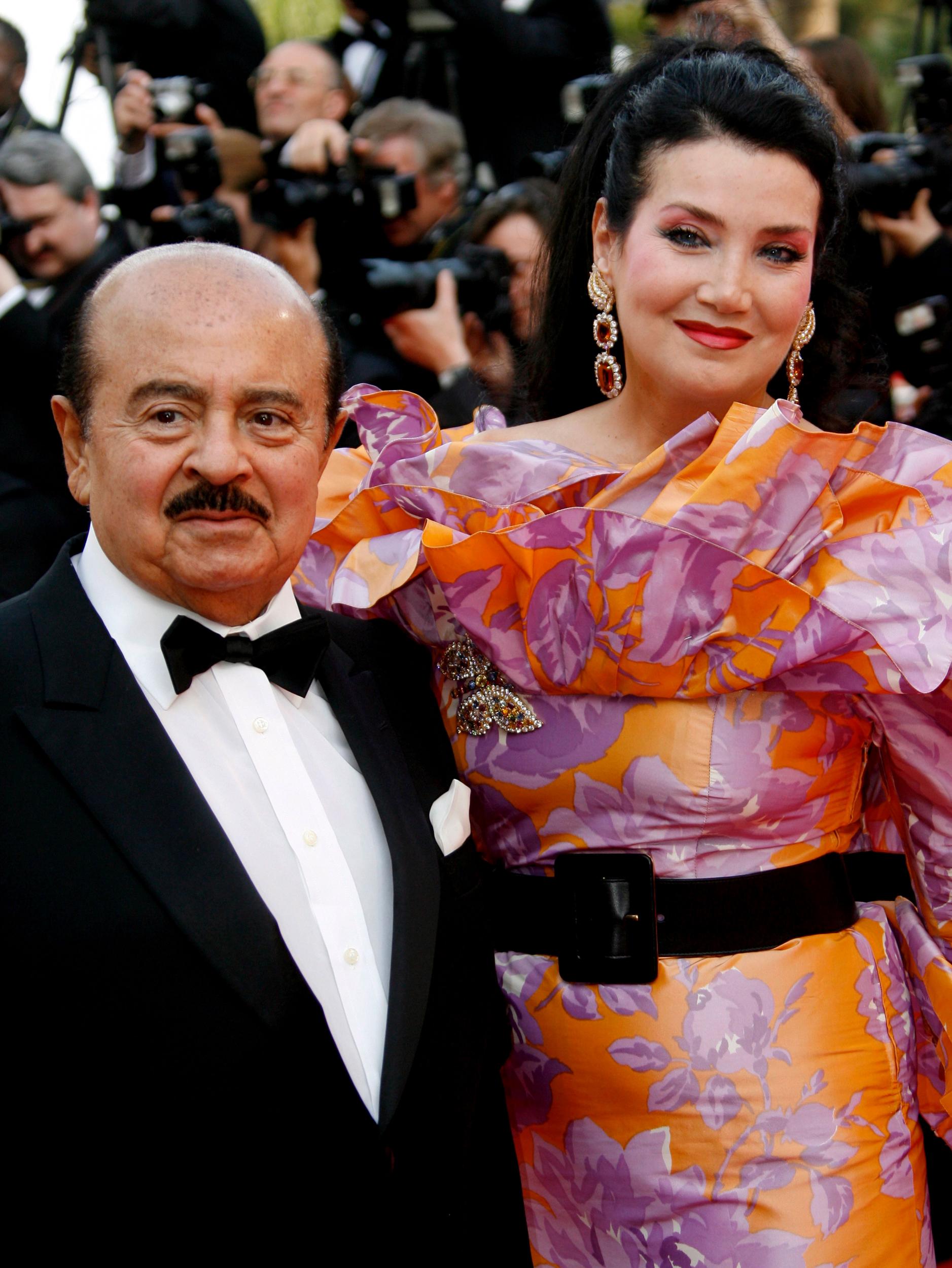
Khashoggi was, in the telling comparison of one commentator “the Gatsby of his time”.
The downfall was never as complete or as theatrical as Gatsby’s, but soon after that 50th birthday party, Khashoggi started to be hit by the fall in oil prices that prompted the Saudis to cut back on arms buying.
Creditors – the Sultan of Brunei among them - started to circle.
In 1987, Triad America Corporation, his American company which was involved in a $400 million development in Salt Lake City, filed for bankruptcy after it was unable to pay its debts.
Khashoggi’s gambling, it was said, was making things worse. There were unproven rumours of him taking money from his businesses to pay for his losses at the gaming tables, and failing to pay bills, or his servants.
In 1998 he suffered the embarrassment of having the High Court hear claims that his cheques, written to the value of £3.2 million, had bounced when he tried to settle losses incurred at the roulette wheel of the Ritz Casino in London.
He eventually agreed an out-of-court settlement with the casino, but not before the court had heard how he had made repeated promises to pay back the money, while claiming that he was having financial difficulties.
The private jets eventually went, Khashoggi having to slum it on commercial airlines. Mr Kill the bodyguard was also told his services were no longer affordable.
It seems the creditors chased him for the rest of his life.
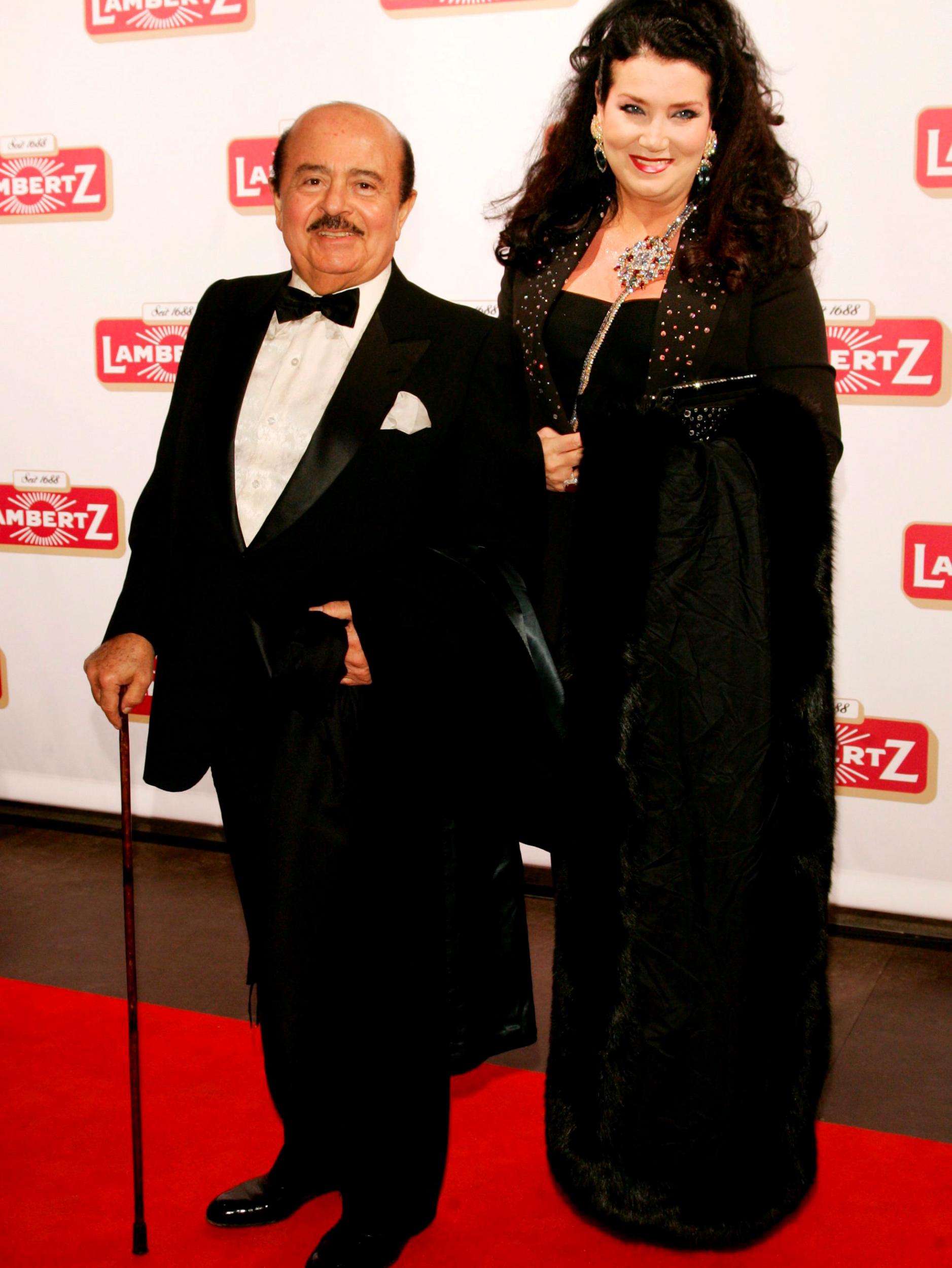
And yet it also seems that Khashoggi avoided anything as ignominious as personal bankruptcy.
He just lived the quiet life in Monaco – while getting invitations to some of the glitziest parties going in that part of the world: in 2005 the guestlist for one Cannes Film Festival party included Sharon Stone, Jessica Alba, Penelope Cruz and Adnan Khashoggi.
At the 2007 festival, he was partying at the Hôtel du Cap-Eden-Roc, stopover of choice for Hollywood stars since 1946.
For an arms dealer and “whoremonger” extraordinaire, it probably wasn’t too bad a life.
Subscribe to Independent Premium to bookmark this article
Want to bookmark your favourite articles and stories to read or reference later? Start your Independent Premium subscription today.
Join our commenting forum
Join thought-provoking conversations, follow other Independent readers and see their replies
Comments